Yoga must serve the person
"Yoga must serve the person and not vice versa". Our yoga masters are also committed to this guiding principle, which is credited to the great Indian yoga teacher T. K. V. Desikachar. In practice what this means is that the exercises are always tailored to the needs of the person. Yoga takes into account individual physical conditions and accommodates these in the exercises. This is particularly relevant for beginners. With the help of our yoga masters, you can try out easy physical exercises which will let you experience the physical and mental benefits offered by asanas.
What beginners learn
The exercises focus on asanas that are simple to execute: for instance, the sun salutation, the cobra or the knee press. These movement elements are complemented by breathing and relaxation components.
The asanas involve holding a particular pose for a long time. Our yoga masters ensure that the physical exercises are performed step by step with awareness and care. During these static poses, yoga pupils will discover how tension can be released. Breathing should be your guide here: respiratory flow should be calm and, at times, also powerful.
These exercises are simple to perform when our guests subsequently return home. The key things to remember are: slow movements and never force anything.
Are you looking for an extra challenge?
If you come to us with previous practical experience of this sophisticated discipline, the yoga masters will show you how to perform more challenging exercises. Here too, the exercises will follow a structure tailored especially for the group. This includes meditation, breathing exercises, warm-up and preparation work, physical poses and deep relaxation.
What yoga students learn
Meditation is a state that cannot be attained through force of will. It comes about of its own accord. Our yoga masters will reveal ways to facilitate this state. Experience shows that in these moments yoga students really achieve a mindful state and connect with their essential inner being.
Special breathing exercises (pranayama) help restore vitality. Many people lose this energy through shallow breathing. This results in the body receiving insufficient oxygen. The outcome is that you tire rapidly and feel listless and unbalanced. Shallow breathing is usually the result of stress, tension and poor posture. Pranayama also helps sooth and stabilise the spirit. This leads to a sense of clarity and serenity.
Most of the asanas taught by our yoga masters are very complex – even if this is not always apparent. They are highly demanding in terms of self-awareness, coordination skills and balance.
These challenges cannot be overcome immediately. Special exercises from our yoga masters gradually prepare the body for these poses. Our experts take sufficient time and introduce their students step by step to the movement sequences required for complex asanas.
Every yoga session concludes with a period of deep relaxation. Guests lie on their backs and gradually relax every part of their body. During this relaxation phase, the body breaks down stress hormones, the immune system is strengthened and healing processes are activated. If you are able to achieve deep relaxation, you will ultimately experience a sense of spiritual strength and calm.
Experience yoga where it evolved
Even for people who teach yoga in Germany, the practice sessions with our masters are truly enriching. The experiences you have here in this country, where yoga first developed over 5000 years ago, will open up whole new dimensions.
Our masters all come from families with a long yoga tradition. The ancient principles of this movement and meditation discipline continue to be a focal point in their lives today. And it is precisely this understanding of yoga, in its pure and original form, which they pass on to their students.
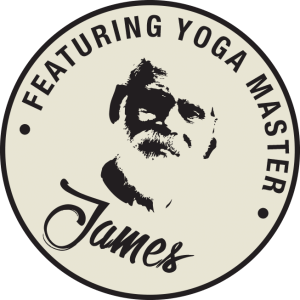


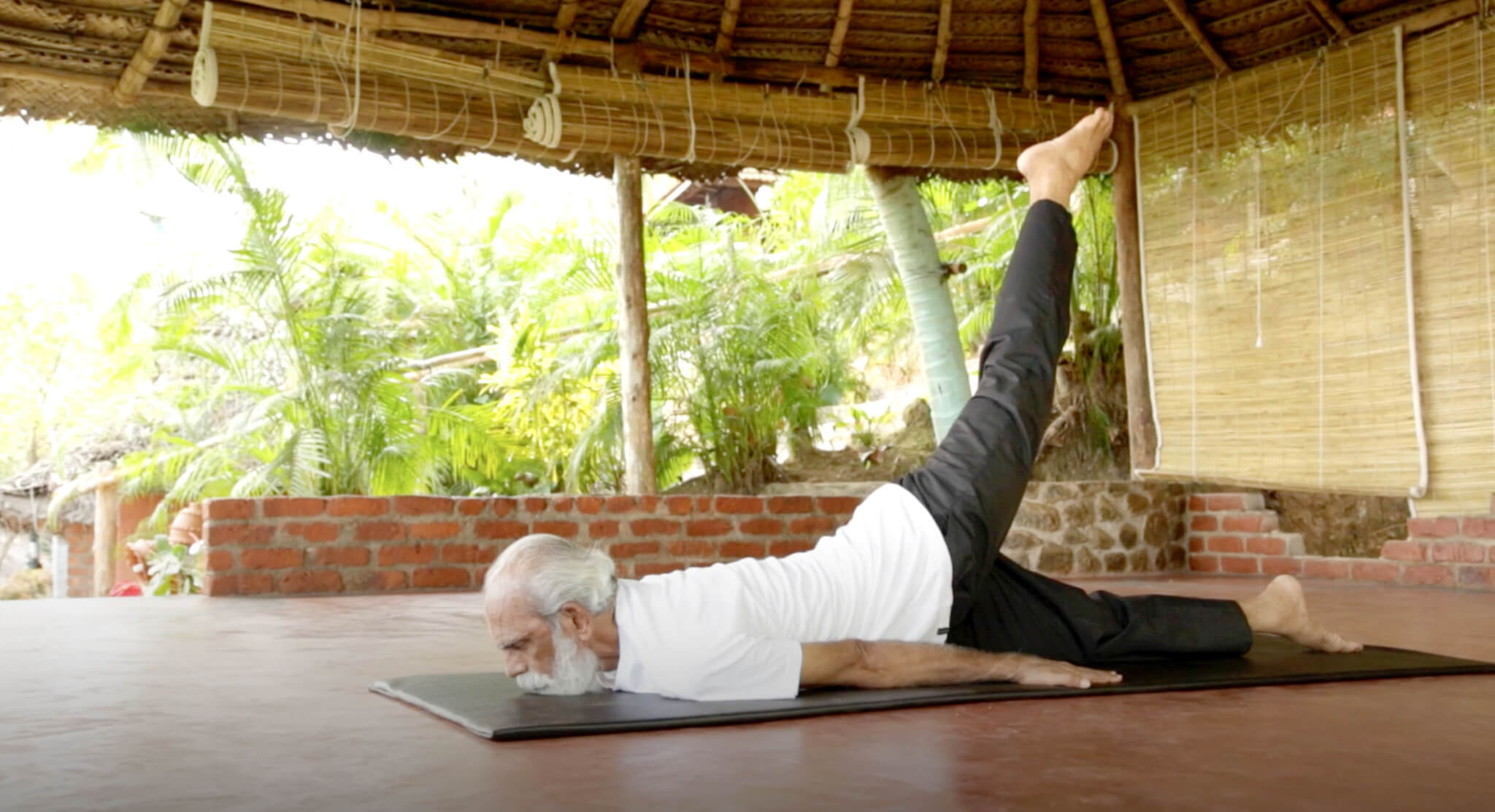



















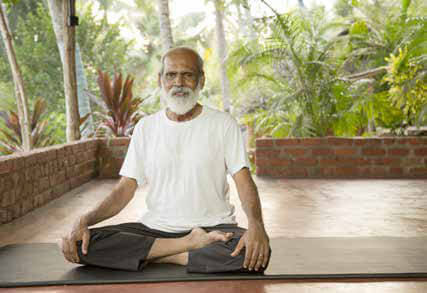


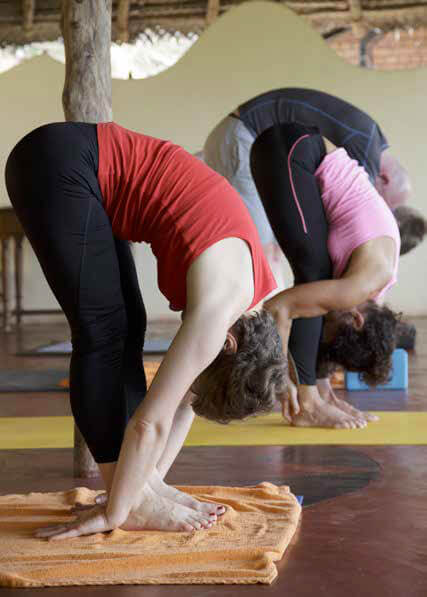


 (22 votes, average: 4.64 out of 5)
(22 votes, average: 4.64 out of 5)